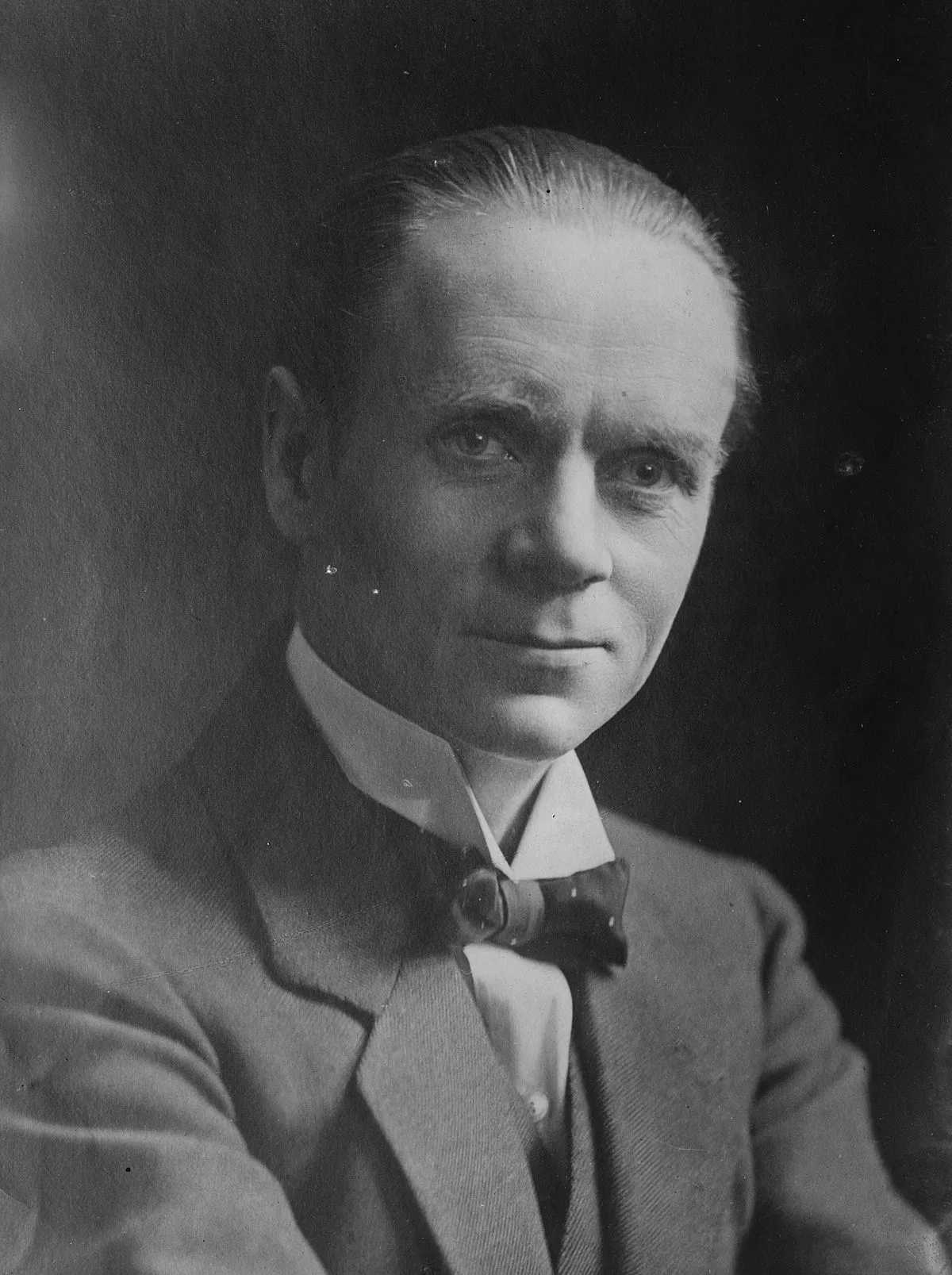 1.
1. Sir Ralph Norman Angell was an English Nobel Peace Prize winner.
Norman Angell was a lecturer, journalist, author and Member of Parliament for the Labour Party.
Norman Angell served on the Council of the Royal Institute of International Affairs, was an executive for the World Committee against War and Fascism, a member of the executive committee of the League of Nations Union, and the president of the Abyssinia Association.
Norman Angell was made a Knight Bachelor in 1931 and awarded the Nobel Peace Prize in 1933.
Norman Angell is most remembered for his 1910 book The Great Illusion, the thesis of which is that the economic integration of the European countries had grown to such a degree that war between them would be entirely futile, making militarism obsolete.
Norman Angell was frequently misunderstood at the time, and afterward, as claiming that a general European war was impossible.
Norman Angell was the sixth child born to Thomas Norman Angell Lane and Mary Lane in Holbeach, Lincolnshire, England.
Norman Angell was born Ralph Norman Angell Lane, but later adopted Angell as his sole surname.
Norman Angell attended several schools in England, the Lycee Alexandre Ribot at Saint-Omer in France, and the University of Geneva, while editing an English-language newspaper published in Geneva.
In Geneva, Norman Angell felt that Europe was "hopelessly entangled in insoluble problems".
Norman Angell returned to England and, in 1914, co-founded the Union of Democratic Control.
Norman Angell joined the Labour Party in 1920 and was parliamentary candidate for Rushcliffe in the general election of 1922 and for Rossendale in 1923.
Norman Angell was MP for Bradford North from 1929 to 1931; after the formation of the National Government, he announced his decision not to seek reelection on 24 September 1931.
Norman Angell stood unsuccessfully for the London University seat in 1935.
Norman Angell went to the United States in 1940 to lecture in favour of American support for Britain in World War II, and remained there until after the publication of his autobiography in 1951.
Norman Angell later returned to Britain and died at the age of 94 in Croydon, Surrey.
Norman Angell married Beatrice Cuvellier, but they separated and he lived his last 55 years alone.
Norman Angell purchased Northey Island, Essex, which is attached to the mainland only at low tide, and lived in the island's sole dwelling.
Norman Angell is most remembered for his 1909 pamphlet Europe's Optical Illusion, which was published the next year as the book The Great Illusion.
Norman Angell establishes this apparent paradox, in so far as the economic problem is concerned, by showing that wealth in the economically civilized world is founded upon credit and commercial contract.
Norman Angell was frequently misunderstood at the time of the book's publication, and afterward, as claiming that a general European war was impossible because of the conditions he described, but he in fact never made that claim.
Norman Angell was the designer of The Money Game, a visual method of teaching schoolchildren the fundamentals of finance and banking.